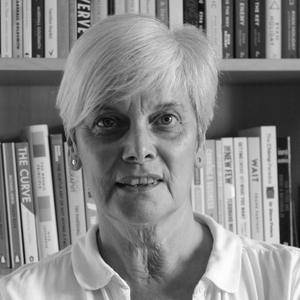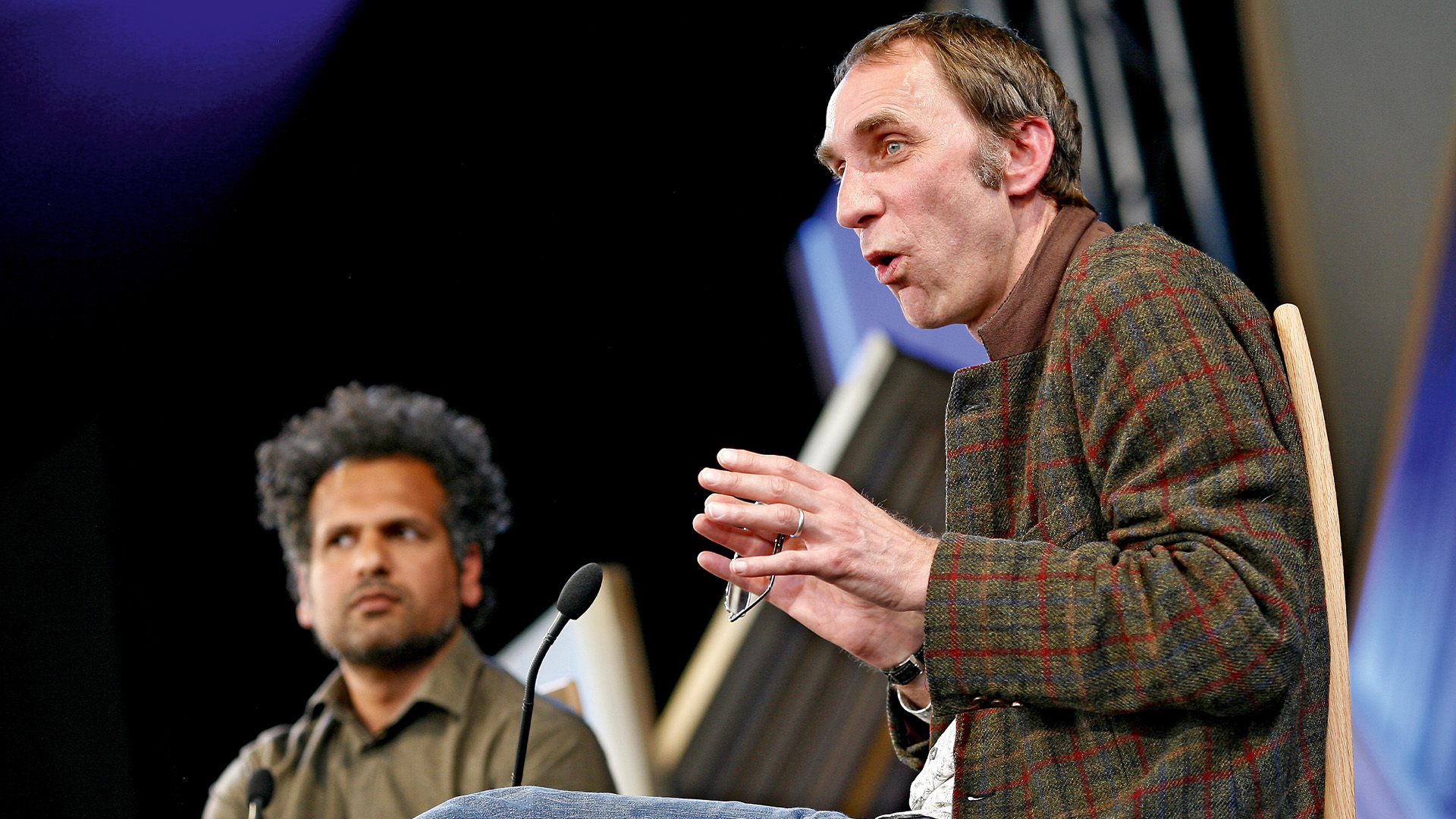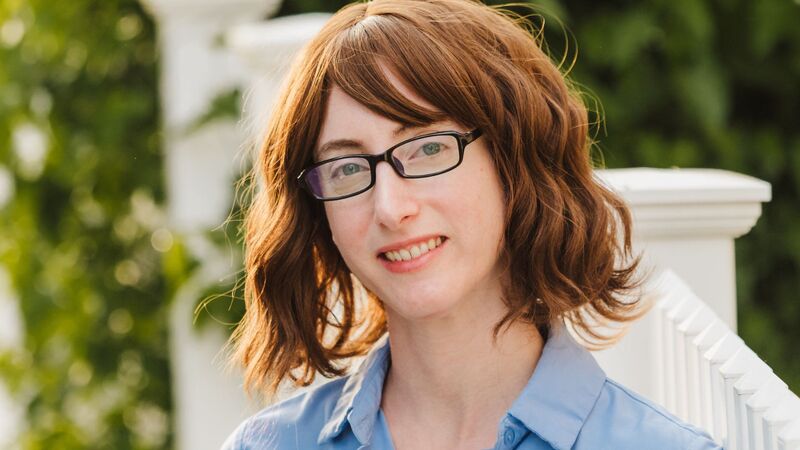You are viewing your 1 free article this month. Login to read more articles.
What are literary festivals for?
Launching a book festival in a remote Welsh community has made us explore our value at every step.
Here’s a question for the publishing world to ponder: what are literary festivals for?
It’s a question we probably don’t ask ourselves enough, but it’s certainly one I’ve been considering since I became involved in a volunteer-run literary festival many people won’t have heard of called Monty Lit Fest.
Founded in 2018, the festival is based in the mid-Wales town of Montgomery and is a relative newcomer in the increasingly vibrant Welsh publishing ecosystem.
It’s an ecosystem that is showing signs of ever-growing confidence, mirroring a more general sense of Wales as a powerful and independent cultural force, whether that’s on a stage, the pitch, the biggest marquee or the remotest town hall, a city-centre Waterstones or the smallest independent bookshop. The launch of Cyhoeddi Cymru/Publishing Wales as a strong voice for publishing in Wales is but one sign of the times.
As the crow flies, Montgomery is not that far from Hay-on-Wye, but, as literary festivals go, we could not be more different. And yet events like ours play a critical role in bringing together so many parts of the publishing world, linking as we do authors, publishers and booksellers with readers who might otherwise be hard to reach. Add in funding and support bodies and we’re talking about a virtuous circle that celebrates the written word, promotes reading and adds to the sense that books really are for everyone.
So, what have I learned as I’ve pondered that question? Here are some thoughts.
If Monty Lit Fest is to succeed, we need to get people onside. This means being of and for the communities we serve, being creative with what we offer and making everything look and feel as accessible as possible
Outreach cuts both ways
Montgomeryshire is the most northerly bit of Powys. It borders much of Shropshire to the east and stretches westwards to the Welsh coast and almost to Wrexham in the north. Population density is low: it’s rural and, in places, remote. Unsurprisingly, our mission has always been based on outreach: bringing authors to communities that might otherwise miss out.
That’s our challenge, of course, but it’s also an opportunity. Yes, we know all authors want to mix it in the green room at Hay, but my plea to publicists is this: take the wider view and think about the value in smaller, engaged audiences that may be off the beaten track but will repay in spades. Some clever matching in terms of geography or local interest can work especially well.
We want to connect authors with their readers, but we also want to introduce them to new ones.
Community matters
For much of our local audience, the idea of a literary festival is completely alien. It has the potential to sound a bit like a posh frock or wine shop where people feel they don’t belong, or might do or say the wrong thing.
If Monty Lit Fest is to succeed, we need to get people onside. This means being of and for the communities we serve, being creative with what we offer and making everything look and feel as accessible as possible. So, of course, bestselling fiction authors will always be a draw, but for us sessions that look at the challenges of farming, nature and conservation are also a no-brainer.
If we can encourage someone to come along to our annual quiz night, to have a pint at our Late Lounge or to join a session with a local author they might know, then we’re on the way to being a proper part of our local communities. And that can only be good for the ecosystem more generally.
There’s no need to be small and look small
Yes, we’re small; yes, we want to be the Friendly Festival. But we also want to be at the top of our game.
The best indie publishers and booksellers know how to punch above their weight. In our terms, that means giving audiences, authors and publishers a great experience. With authors, for example, it’s about everything from being clear about logistics and fair about appearance fees and expenses to partnering with a brilliant local bookshop, Oswestry’s Booka, or even picking them up from the nearest station.
Being small doesn’t mean we’re not ambitious. Nor that we don’t have an important role to play. It’s a responsibility we take very seriously.
One of the most popular sessions at Monty Lit Fest this June will be with Welsh rugby legend, Nigel Owens. His book is published by the independent, bilingual Welsh publisher, Y Lolfa. He’s proving to be a draw with all sorts of people on both sides of the border. I’m sure Booka will do a roaring trade in books for signing. And I can guarantee that the audience will be full of people who have never been to a literary festival before.
So there’s my answer. That’s what literary festivals are for.




















